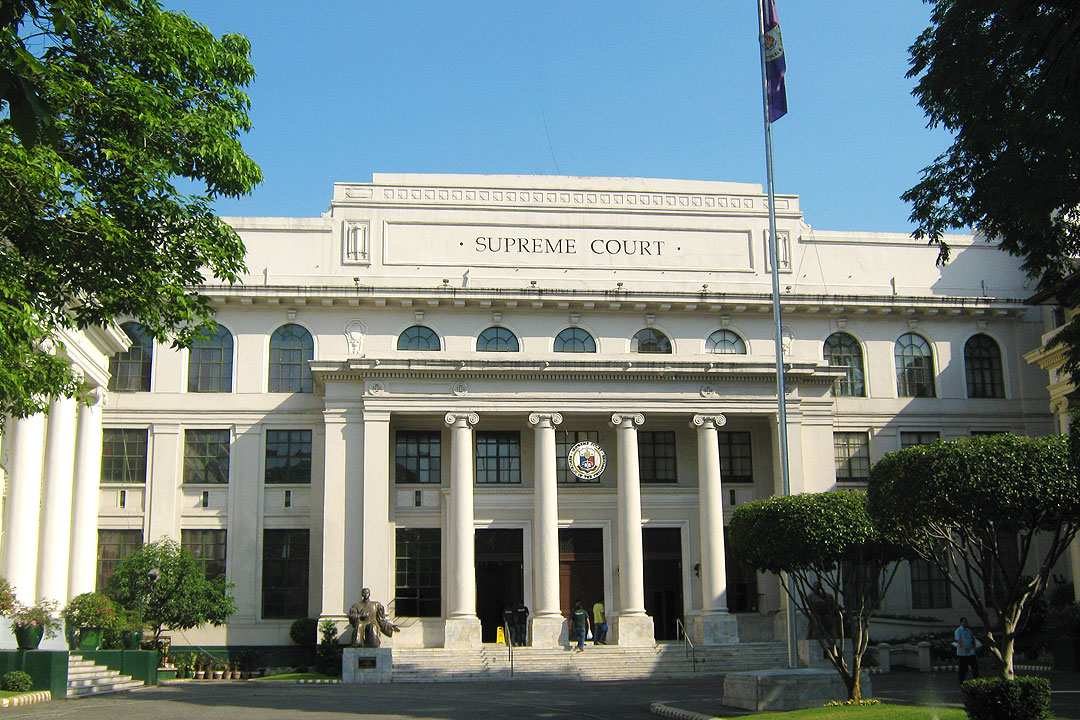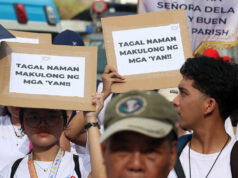SC junks lawsuit against local sewerage system

THE SUPREME COURT (SC) has affirmed a ruling that dismissed a lawsuit filed by a civic group seeking to protect public health from the supposed operation of a sewerage system by the country’s main water providers.
In a 19-page decision on March 28 and made public on July 20, the tribunal agreed with the Court of Appeals finding that Water for All Refund Movement, Inc. (WARM) had failed to prove that the combined drainage-sewerage system of Manila Water Co., Inc. and Maynilad Water Services, Inc. would damage the environment.
It affirmed the denial of the group’s application for a so-called writ of kalikasan. The High Court said the group had failed to prove the operation of the drainage system.
“WARM then sidestepped its obligation to substantiate its allegations by invoking the precautionary principle, specifically the stringent requirement to prove environmental damage,” according to the ruling penned by Associate Justice Ramon Paul L. Hernando.
Based on the court’s Rules of Procedure for environmental cases, the precautionary principle prioritizes the right to a balanced and healthful ecology even if there is no full scientific certainty about a link between human activity and environmental damage.
The tribunal said WARM’s petition had failed to provide both a sewerage system’s link to environmental damage and scientific studies supporting its claim.
It added that implementing the system was not illegal under the Philippine Clean Water Act.
The environmental watchdog group sought the writ over the sewerage system citing the water concessionaires’ failure to secure permits from the Department of Health and the Department of Environment and Natural Resources.
It said the project could result in environmental damage and could pose a danger to the health of residents of Metropolitan Manila.
WARM argued the combined drainage system could cause raw sewage and rainwater to pollute natural bodies of water.
“WARM only speculates on the environmental damage resulting from the purported discharge of “sewage-contaminated floodwater,” the tribunal said.
“It did not even provide specific scenarios with specific evidence or a survey of references and literature on the subject.” — John Victor D. Ordoñez



